Behind the Scenes with Maestro: Our Innovative and Effective eLearning Development Process
Maestro
NOVEMBER 9, 2023
After 15 years in the L&D game, our approach to developing effective and inspired L&D programs is tried and true. Key players Practices and principles Maestro’s step-by-step process Discovery and working session Outlining and storyboarding Design Development Reflection and delivery What is the eLearning development process?


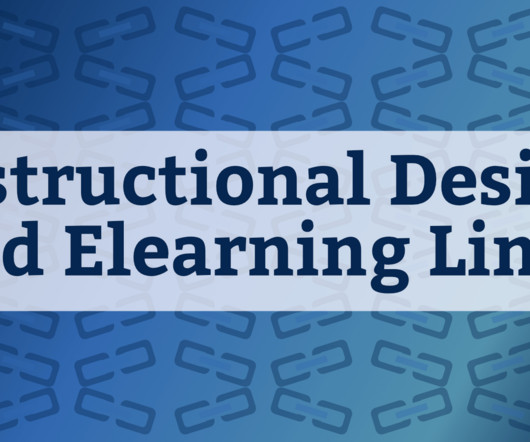










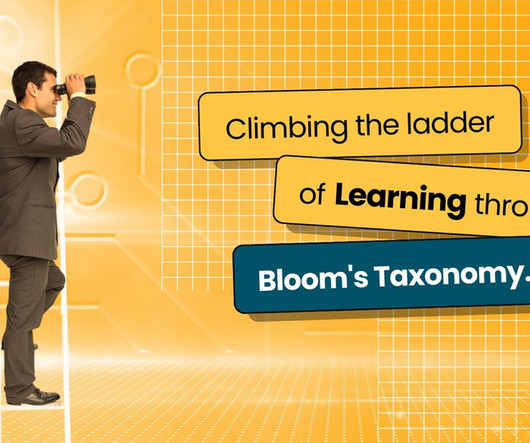





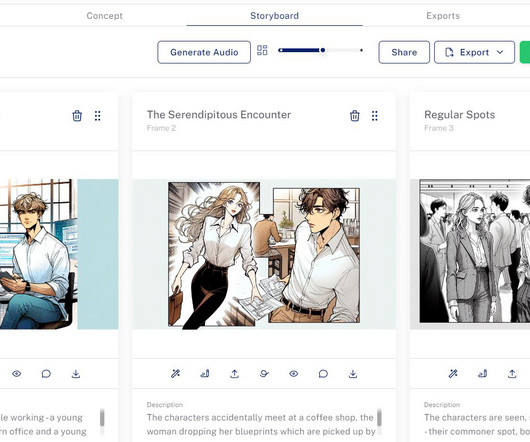
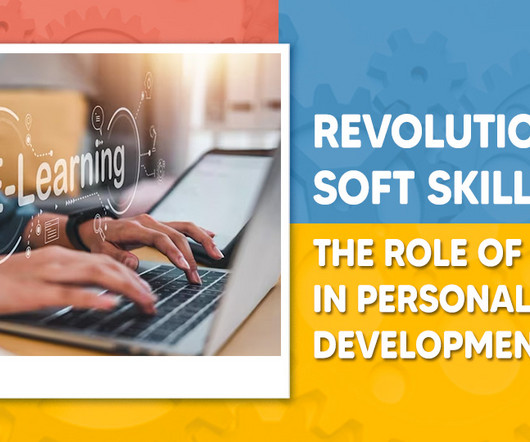














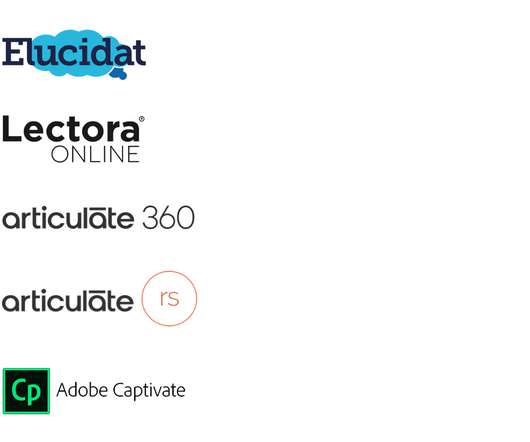

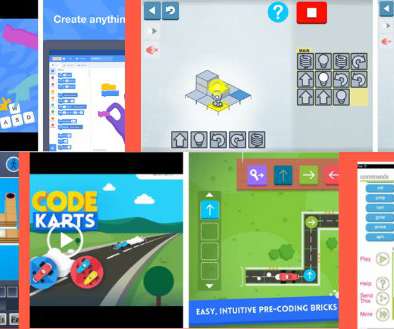












Let's personalize your content